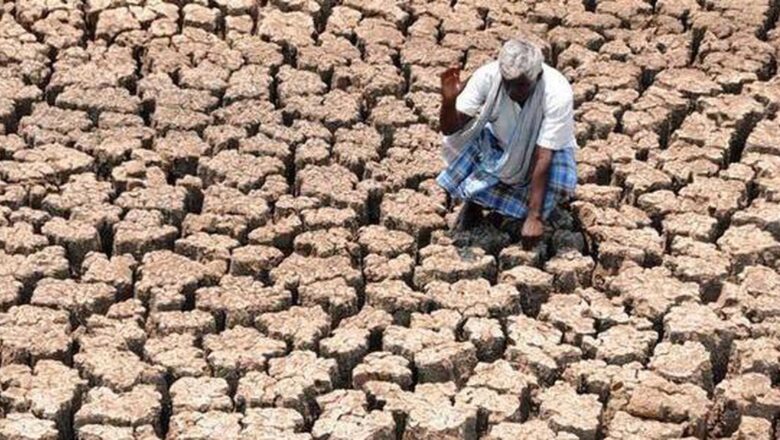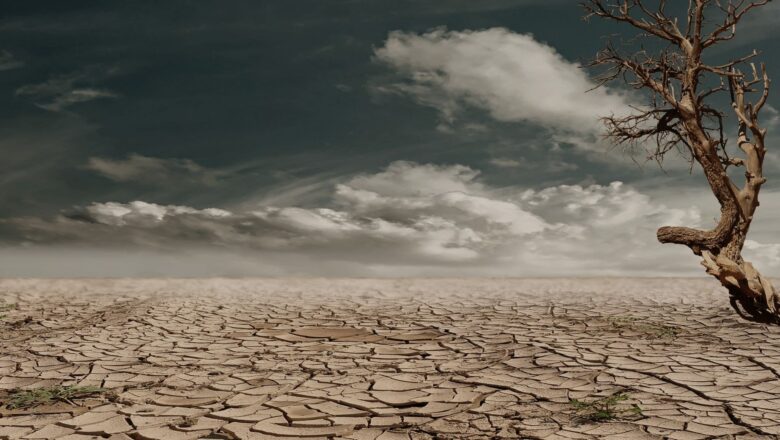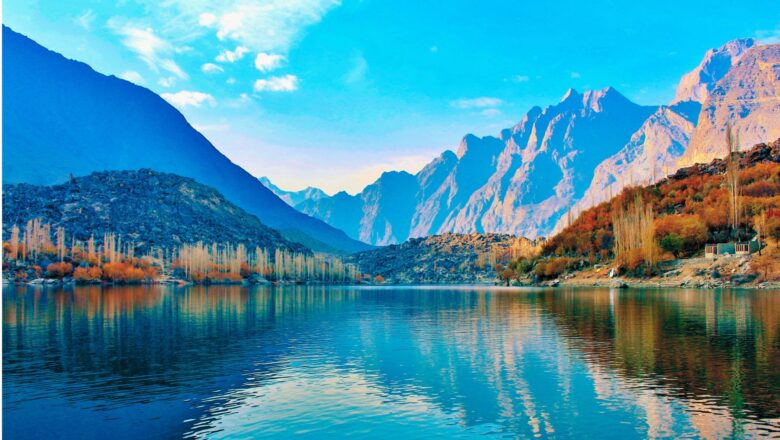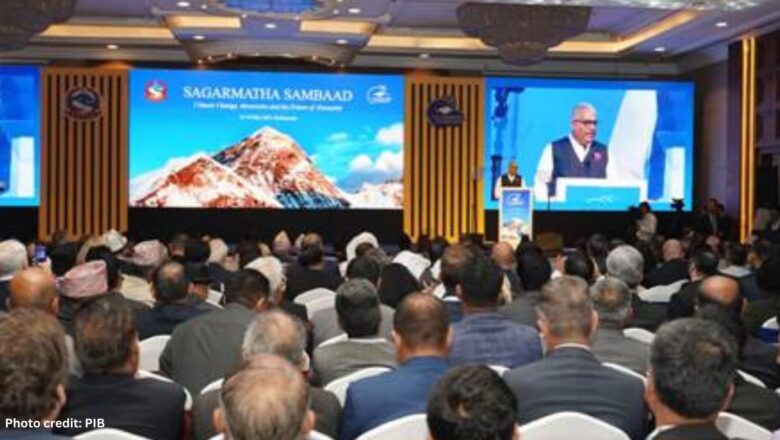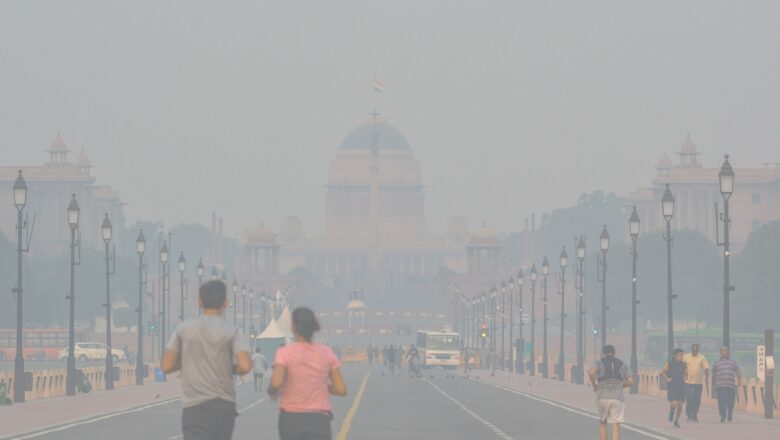
Green Growth: Brazil’s Bold Bet on Reforestation and Carbon Credits
Brazil's push toward an ecologically sustainable future has gained momentum with a significant financial boost to one of its most ambitious reforestation startups. Re.green, a Brazilian climate-tech company focused on restoring degraded lands, has secured 80 million reais ($14.13 million) in financing from the National Bank for Economic and Social Development (BNDES), with major private lender Bradesco acting as the financial intermediary. This marks a defining moment in Brazil’s emerging carbon economy and climate investment landscape.
A Strategic Boost from the New Climate Fund
The funding announcement, made Monday, represents a milestone in Brazil’s climate policy and investment strategy. It is the second major investment facilitated by the government’s New Climate Fund—a 10 billion r...

